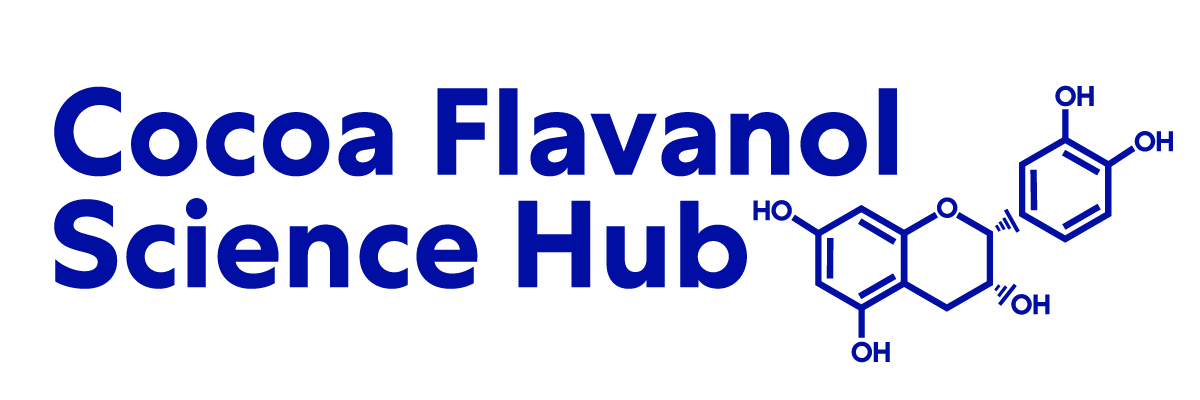Dimeric procyanidin B2 inhibits constitutively active NF-kappaB in Hodgkin's lymphoma cells independently of the presence of IkappaB mutations.
Due to long-term toxicity of current Hodgkin's lymphoma (HL) treatment, the present challenge is to find new therapies that specifically target deregulated signaling cascades, including NF-kappaB, which are involved in Hodgkin (H) and Reed-Sternberg (RS) cell proliferation and resistance to apoptosis. We previously presented evidence that dimeric procyanidin B2 (B2) can interact with NF-kappaB proteins inhibiting the binding of NF-kappaB to DNA. Herein, we investigated if B2, acting at a late event in NF-kappaB signaling cascade, could be effective in inhibiting NF-kappaB in H-RS cellswith different mechanisms of constitutive NF-kappaB activation. B2 caused a concentration-dependent inhibition of NF-kappaB-DNA binding to a similar extent (41-48% inhibition at 25 microM B2) in all the tested H-RS cell lines (L-428, KM-H2, L-540, L-1236 and HDML-2). This was associated with the inhibition of NF-kappaB-driven gene expression, including cytokines (IL-6, TNFalpha and RANTES) and anti-apoptotic proteins (Bcl-xL, Bcl-2, XIAP and cFLIP). The finding of similar amounts of RelA and p50 proteins in the nucleus, but decreased NF-kappaB-DNA binding, even in those H-RS cells characterized by mutations in the inhibitory IkappaB proteins, supports that B2 acts by preventing the binding of NF-kappaB to DNA. B2 did not inhibit AP-1 and STAT3 constitutive activation in H-RS cells, indicating that the moderate effects of B2 on cell viability are due to the complex signaling aberrations in HL. Thus, several signaling pathways should be targeted when designing therapeutics for HL. In this regard, the capacity of B2 to inhibit NF-kappaB could be valuable in a multi-drug approach.
See the Full Study > (opens in a new tab)









